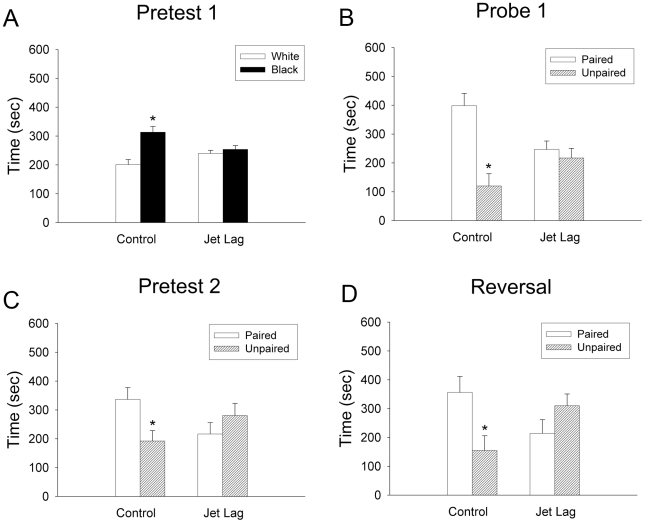Figure 3. Jet lag disrupts hippocampal-dependent learning and memory.
Control (n = 10) and Jet Lag (n = 10) hamsters were introduced to the conditioned place preference (CPP) paradigm at the same time of day throughout the experiment to control for time of day effects on learning and memory [15]. (A) Control hamsters exhibited a significant bias for the black chamber during initial exposure to the apparatus (Pretest 1) (t18 = 4.193, P<0.001) whereas jet-lagged hamsters displayed no preference (t18 = 0.805, P = 0.43). (B) After training, control animals exhibited a significant preference for the chamber previously paired with the rewarding stimulus (Probe 1; t16 = 4.620, P<0.001), whereas animals undergoing jet lag during training did not learn the task and showed an equal preference for both chambers (t16 = 0.673, P = 0.51). Jet-lagged hamsters were then returned to a static LD cycle for 28 days in order to re-establish entrainment of biological rhythms with the LD cycle. (C) Several weeks after re-entrainment, control animals maintained a preference for the previously paired chamber (t18 = 2.2664, P = 0.02) whereas jet-lagged hamsters continued to show no preference (t18 = 1.113, P = 0.28). All animals were then trained with the wheel being placed in the chamber opposite to that used in the first behavioral test. (D) Even after recovering from chronic temporal disruption, jet-lagged animals did not learn the task (t14 = 1.532, P = 0.15), whereas control animals learned to prefer the new chamber (t12 = 2.692, P = 0.02). * P<0.05.

